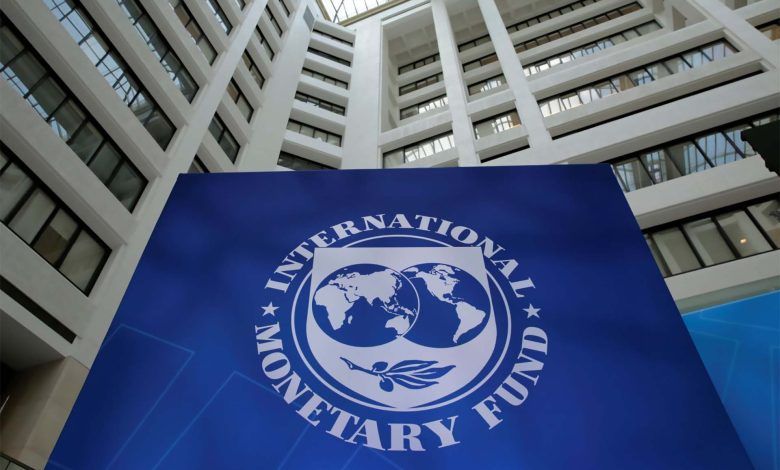
The International Monetary Fund (IMF) has trimmed its economic growth forecast for Nigeria to 3.0% in 2025, citing falling global crude oil prices as a key drag on the country’s outlook.
The revised figure, released in the IMF’s April 2025 World Economic Outlook (WEO) report during the Spring Meetings of the IMF and World Bank in Washington, D.C., represents a 0.2 percentage point downgrade from its previous projection of 3.2%.
Oil Market Pressures Weigh on Sub-Saharan Africa
The report notes a broader regional slowdown, stating:
“For sub-Saharan Africa, growth is expected to decline slightly from 4.0% in 2024 to 3.8% in 2025, before recovering modestly to 4.2% in 2026.”
For Nigeria, Africa’s largest economy and one of the world’s top oil producers, the downgrade reflects the direct impact of lower oil revenues, a key contributor to government income and foreign exchange earnings.
The IMF added that Nigeria’s 2026 growth forecast was also revised downward by 0.3 percentage points, further signaling concern over the country’s medium-term prospects amid volatile energy markets.
Regional Revisions Reflect Broader Fragility
Nigeria is not alone in facing downward revisions. The IMF also adjusted forecasts for other major economies on the continent:
- South Africa’s growth is now expected to decline by 0.5 percentage points in 2025 and 0.3 points in 2026, as the country grapples with weak economic momentum, policy uncertainty, and sluggish global demand.
- South Sudan saw the steepest revision, with the IMF slashing its 2025 forecast by a staggering 31.5 percentage points, following major setbacks to oil production due to pipeline infrastructure damage.
Global Slowdown Adds to the Pressure
The latest IMF outlook comes against a backdrop of broader global headwinds, including trade tensions, slowing manufacturing activity, and weak investor sentiment all of which compound the challenges for resource-dependent economies like Nigeria.
As the IMF continues to urge structural reforms, diversification, and improved fiscal management, the revised outlook underscores the need for Nigeria to accelerate non-oil sector growth and strengthen economic resilience amid a fragile global recovery.





